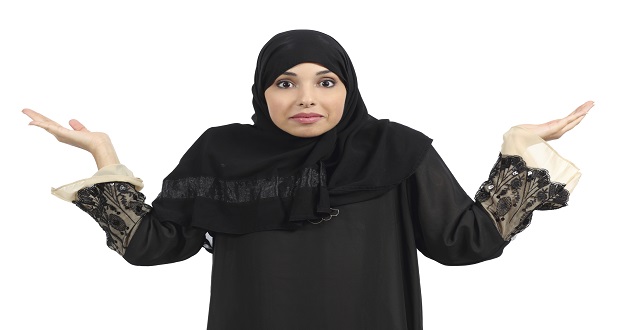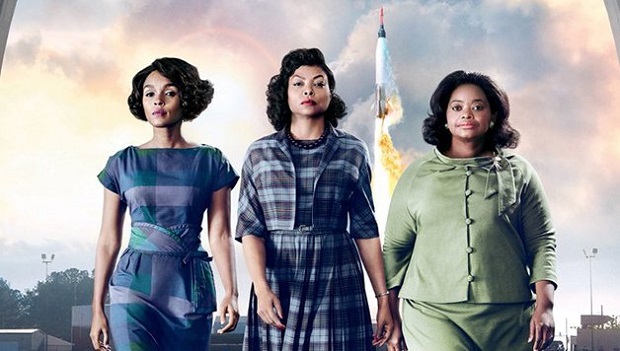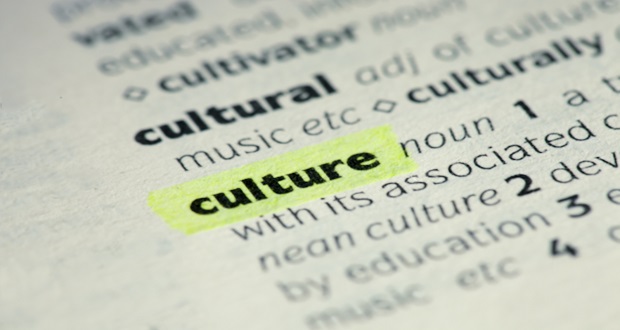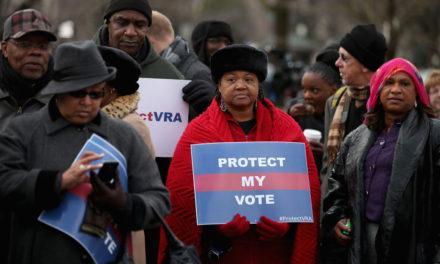
Corporations of America, take note. You can always count on Abercrombie & Fitch for terrific lessons in how to get diversity right—mainly because the retailer is so often in the news for seemingly doing the wrong thing. It would take an entire book to cover all of the shenanigans perpetrated by CEO Mike Jeffries, who once insisted that A&F is meant for cool and attractive kids, not some fatso outsider. (Agh!) But it takes only a blog post to detail the company’s latest misstep.
Recently, the U.S. Supreme Court agreed to hear the case of Samantha Elauf. In 2008, when she was 17, Elauf was denied a sales job at an Abercrombie Kids store in Tulsa, Okla. During her interview, Elauf had been wearing a hijab, a headscarf commonly worn by Muslim women as part of their faith.
In other words, A&F didn’t hire Elauf because she was Muslim, right?
Right. Wrong. Maybe.
The company maintains that the headscarf violated its “look policy,” which prohibits salespeople from wearing hats and other headpieces. The Equal Employment Opportunity Commission, however, had filed a discrimination lawsuit against A&F on Elauf’s behalf. A federal district judge had ruled in Elauf’s favor, but the 10th U.S. Court of Appeals overturned the decision. The court stated: “Ms. Elauf never informed Abercrombie prior to its hiring decision that she wore her headscarf or ‘hijab’ for religious reasons and that she needed an accommodation for that practice, due to a conflict between the practice and Abercrombie’s clothing policy.”
Which brings the case to the Supreme Court. I don’t know what our top judges will decide.
On one hand, could Elauf have volunteered that she needs a religious accommodation during the hiring process? Yes, but should she have? Candidates are regularly warned not to discuss age, religion, disability, and other characteristics related to protected classes during the interview process to avoid potential discrimination problems. Likewise, employers don’t bring up these same issues for these same reasons.
No one asks, no one tells.
Frankly, had Elauf mentioned that she needed to wear her hijab to work, I don’t think A&F would’ve hired her. Seems to me it was a no win for her. And was the A&F interviewer so ignorant as not to realize that the scarf covering the teen’s head was for religious purposes? I don’t know.
On the other hand, Elauf did rate high enough on looks, according to legal documents. If it weren’t for the hijab, she probably would’ve gotten the job. But if A&F really didn’t realize that Elauf’s hijab had a religious purpose, why not have hired her and then explain to her that headwear was against the dress code, except, of course, for religious purposes? Seems odd to reject a candidate for violating a policy with which she presumably was not familiar. Also seems to me that the store could have avoided a flurry of lawsuits, never mind the expense and questionable publicity related to them.
Ultimately, Judge Liberman rules in favor of Elauf. Let’s hope the Supreme Court agrees. Do you?



















I just wonder how they would have reacted to a Jewish applicant wearing a yarmulke.